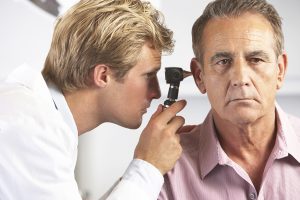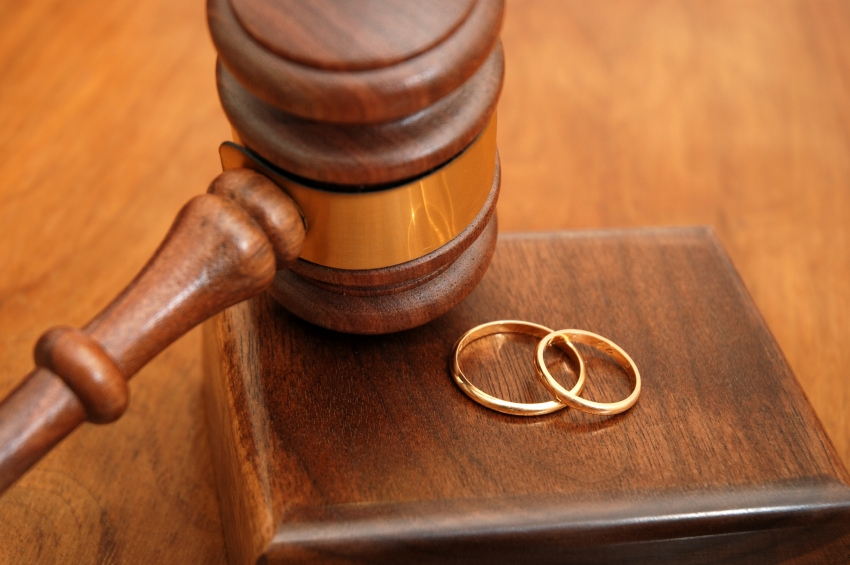 Hearing helps us stay connected to the outside world and keeps us safe by warning us of potential dangers around us. Hearing loss induced by growing age in elderly people makes it difficult for them even to realize, that they have a hearing problem. Because age-related hearing loss progresses slowly and worsens over the time. If the loss of hearing occurs to a person, it is irreversible, and treatments will improve hearing but do not restore your hearing according to audiology.com.
Hearing helps us stay connected to the outside world and keeps us safe by warning us of potential dangers around us. Hearing loss induced by growing age in elderly people makes it difficult for them even to realize, that they have a hearing problem. Because age-related hearing loss progresses slowly and worsens over the time. If the loss of hearing occurs to a person, it is irreversible, and treatments will improve hearing but do not restore your hearing according to audiology.com.
Various Categories of Presbycusis
There are six types of presbycusis that includes: Indeterminate Presbycusis, Mixed Presbycusis, Mechanical Presbycusis, Metabolic Presbycusis, Neural Presbycusis, and Sensory Presbycusis, Sensory Presbycusis, loss of outer hair cells in the organ of corti, a structure in the cochlea which produces nerve impulses in responses to sound vibrations. Firstly, cochlea base if affected and then slowly progress towards cochlea inner tip. This starts in mid-life of a person, then progress slowly at elder age and shows it affects. Neural Presbycusis, refers to cochlea nerve cells and auditory pathways to the brain. This category is determined as a genetically induced hearing loss and begins in early life. Until older age, the effects of hearing loss do not show up. Metabolic Presbycusis, results from stria vascularis, that supplies blood to the inner ear and maintains the perfect balance of chemical and bioelectric of the cochlea. Hearing loss of stria vascularis represents a flat hearing curve, affecting entire cochlea. It is also doubted this is due to the genetic factor that passes from generation to generation.
 Mechanical Presbycusis, the cochlea basilar membrane thickening and stiffening degenerate. This membrane supports an organ of corti that helps to translate sound vibrations into electrical signals. Mechanical Presbycusis progresses slowly and is associated with a gradual lowering of sensorineural hearing loss. Mixed Presbycusis is a combination of all the other types of age-related hearing loss. See kelownahearing.com for more on this.
Mechanical Presbycusis, the cochlea basilar membrane thickening and stiffening degenerate. This membrane supports an organ of corti that helps to translate sound vibrations into electrical signals. Mechanical Presbycusis progresses slowly and is associated with a gradual lowering of sensorineural hearing loss. Mixed Presbycusis is a combination of all the other types of age-related hearing loss. See kelownahearing.com for more on this.
Read moreTypes of Age-Related Hearing Loss
 The process of bringing down androgen levels is called andropause. The estrogen levels decrease considerably during the menopause, while testosterone drops slowly in males. In the 50s and 60s men start to struggle to obtain and keep erections going. The naturopathic explanation behind this could be that their testosterone levels have been continuously declining for decades. Almost all men start to experience andropause symptoms between the ages of 50 as well as 60, but in case you’re in your 40s, you might believe you’ve been observing the signs described above as well.
The process of bringing down androgen levels is called andropause. The estrogen levels decrease considerably during the menopause, while testosterone drops slowly in males. In the 50s and 60s men start to struggle to obtain and keep erections going. The naturopathic explanation behind this could be that their testosterone levels have been continuously declining for decades. Almost all men start to experience andropause symptoms between the ages of 50 as well as 60, but in case you’re in your 40s, you might believe you’ve been observing the signs described above as well.












 Mechanical Presbycusis, the cochlea basilar membrane thickening and stiffening degenerate. This membrane supports an organ of corti that helps to translate sound vibrations into electrical signals. Mechanical Presbycusis progresses slowly and is associated with a gradual lowering of sensorineural hearing loss. Mixed Presbycusis is a combination of all the other types of age-related hearing loss. See
Mechanical Presbycusis, the cochlea basilar membrane thickening and stiffening degenerate. This membrane supports an organ of corti that helps to translate sound vibrations into electrical signals. Mechanical Presbycusis progresses slowly and is associated with a gradual lowering of sensorineural hearing loss. Mixed Presbycusis is a combination of all the other types of age-related hearing loss. See 